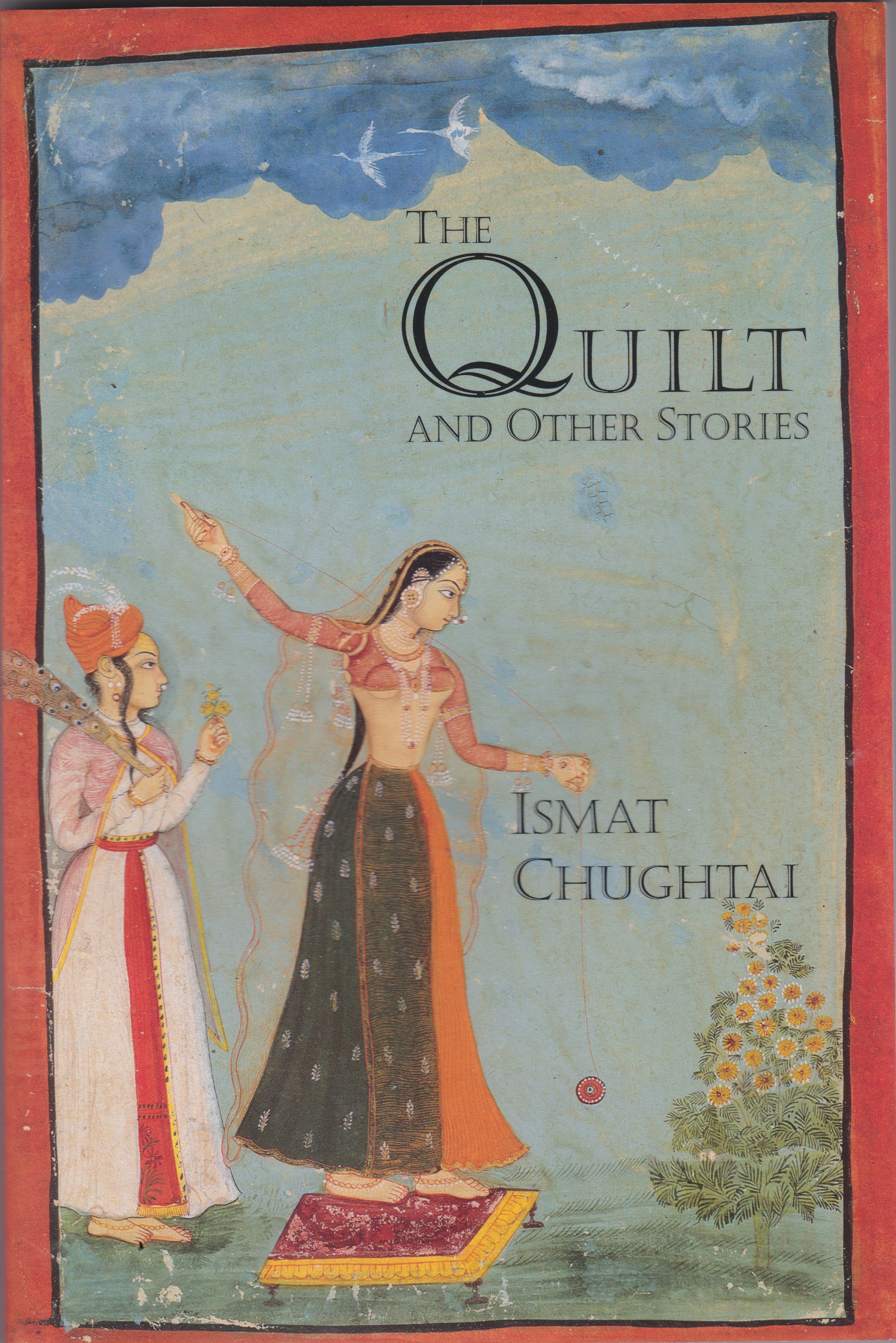ISMAT CHUGHTAI, born in 1915, came from a family of intellectuals and writers and was briefly associated with the Progressive Writers’ Movement in Lucknow. An intense individualist and iconoclast, her output was prolific and her work widely acclaimed in India, Pakistan, and elsewhere around the world.
In 1944 Ismat Chughtai successfully defended herself before the Imperial Crown Court against a charge of obscenity for her short story “Lihaaf”—“The Quilt.” The narrator of this story, a precocious nine-year-old child, is sent to visit an aunt. This aunt, ignored by a husband whose only interest seems to lie in entertaining slim-waisted young boys, suffers from a relentless bodily itch, an itch, her niece discovers, no doctor can cure and only her maidservant can relieve.
Frank and often wickedly comic, Chughtai’s stories were the imaginative core of her life’s work, drawn from memories of the sprawling Muslim household of her childhood. With her mastery of the spoken language, economy of form, and her fine eye for the details of the intricate and hidden world of women’s experience, Chughtai captured the evolving conflicts of Muslim India.

